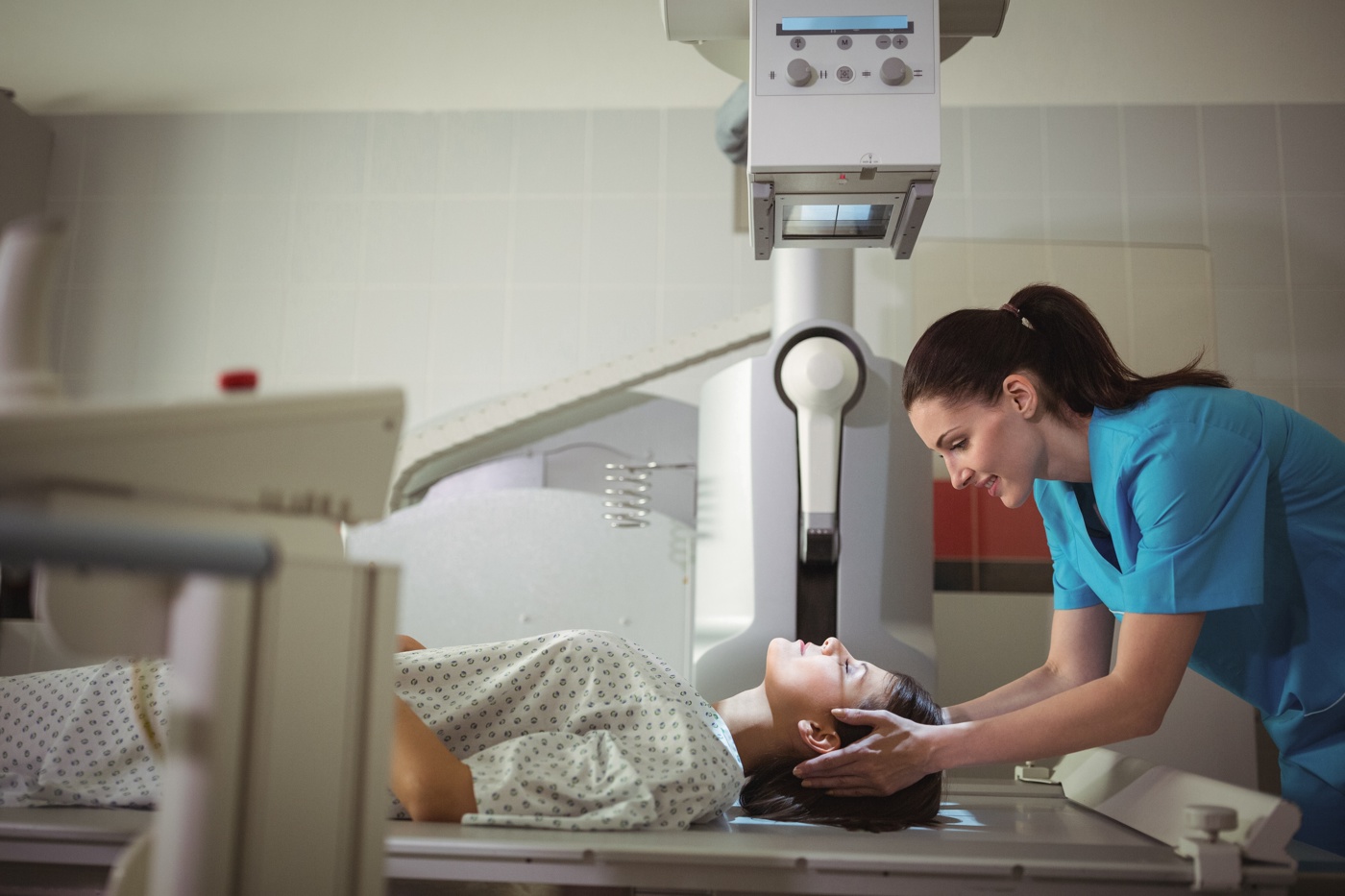Self-test "Radiology specialist CHE": Is the course suitable for me?

Find out now in our self-test whether a radiology course at a College of Higher Education leading to the protected title of "Certified Radiology Specialist CHE" is right for you - free of charge and without obligation.
Your advantages: In the self-test, you will receive further information that is tailored to the respective answer options "Yes", "Partly", "No". The result at the end of the self-test also provides you with an overview of suitable providers for the CHE course. You will also benefit from helpful tips on finding the right school.
Note:
- Until November 2017, the CHE course was called "Specialist in medical-technical radiology CHE" or "Specialist in medical-technical radiology CHE". Since then, it has been offered and conducted under the name "Radiology Specialist CHE".
- In French-speaking Switzerland, the course can also be completed as a University of Applied Sciences course and thus a UAS Bachelor's degree can be obtained.
